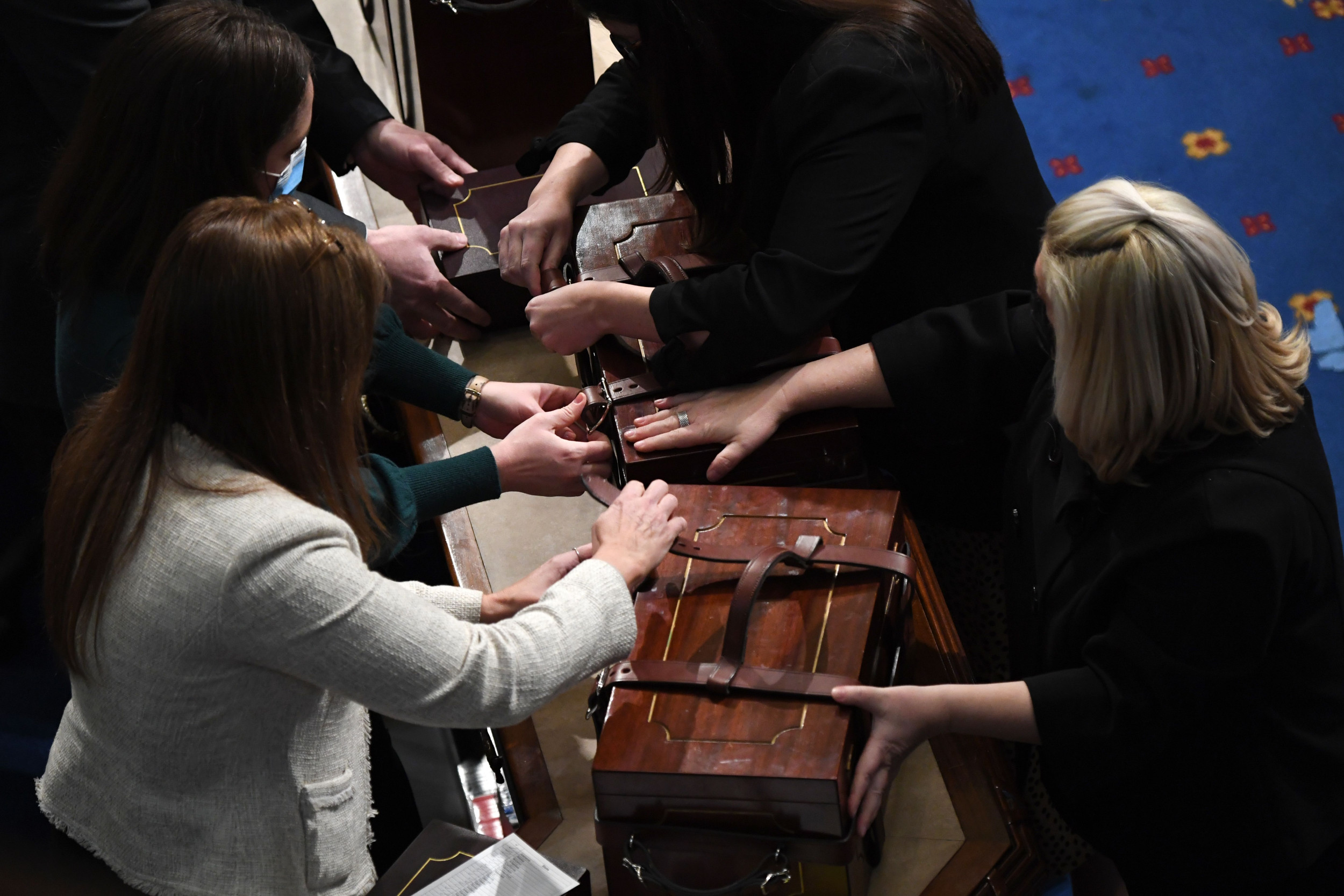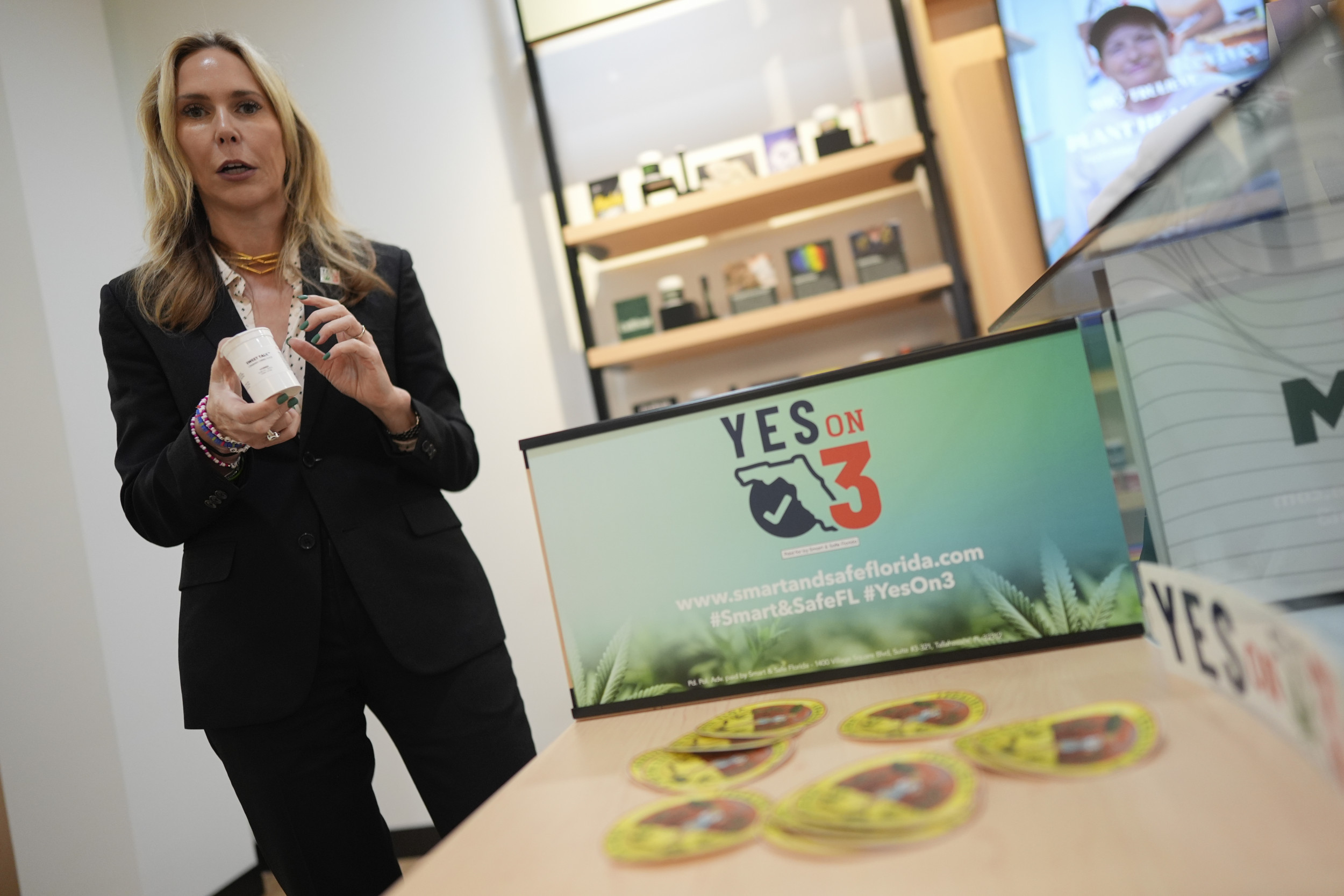For the first time in its 60-year history, Canada's National Ballet School (NBS) will be graduating more male students than female. The class of 2020 at the Toronto-based academy is comprised of 16 boys and 11 girls.
That's a surprising statistic in a society that still discourages young men from enjoying dance: Just weeks ago Good Morning America co-host Lara Spencer joked about 6-year-old royal Prince George taking ballet classes, laughingly saying, "We'll see how long that lasts."
The insinuation that boys should not enjoy ballet was not well received by the dance community, with luminaries like Debbie Allen and Travis Walls upbraiding Spencer and #boysdancetoo trending on social media. Outside GMA's Times Square studios, a group of male dancers conducted a massive ballet class.
In the next episode, Spencer apologized for her comments, which she called "stupid and insensitive."
"I have learned the bravery it takes for a young boy to pursue a career in dance," she wrote on Instagram. "From ballet to anything one wants to explore in life, I say GO FOR IT. I fully believe we should all be free to pursue our passions. Go climb your mountain—and love every minute of it."
The incident sparked a national conversation about men in dance, and the damage gender conformity can do to young boys: Benjamin Alexander, a 16-year-old senior at NBS, says that while growing up in small-town Ontario, he kept his passion for dance a secret.
"At school, everyone was going to hockey practice and baseball practice, and I was there with my dance shoes and dance bag going off to dance class. It was hard," Alexander told the CBC. "Definitely, there was a feeling of solitude."
The NBS scouts prospective students during outreach tours across Canada and more than dozen other countries. Students who clear auditions then participate in an intensive four-week summer program, with only a select group invited to train at the school in the fall. They're reevaluated at the end of each academic year and only invited back if they show promise.
"Male and female, all dancers undergo strenuous training from a very young age... But male dancers must possess a special type of will and fortitude if they are to become professionals," Sascha Radetsky, a former soloist with the American Ballet Theatre, wrote in Newsweek in 2008. "For, like fish swimming upstream, we have to fight through the current of thinly veiled contempt that much of society harbors for our chosen path."
Boys who persevere in dance, "must have a genuine hunger for it," Radetsky, added. "[They] must be uniquely motivated and dedicated, and must develop a truly thick skin."
Seeing yourself represented among your peers goes a long way: NBS senior Andrew Larose says being one of 16 boys in his class is "a dream come true."
"It's great that now more people are opening up to this and realizing men dance."
The high representation of boys is hardly happenstance, though. It's been a concerted effort, with the school launching community outreach programs to get boys exposed to and interested in dance. "The ratio of men to women and making sure that there are as many male dancers as female dancers who have a chance to pursue their dream has been a passion of mine and my colleagues for a long time," Mavis Staines, NBS' artistic director and CEO, told the CBC.
There was even talk of sweetening the pot by offering classes to boys for free, as Alvin Ailey and the School of American Ballet do. "But as a woman, I couldn't stand the idea of offering classes to boys for free, and that young women didn't have the same opportunity," Staines shared. "I thought that's not how I'm going to do it."
Today, 40 percent of students in the school's professional ballet program are male. Staines is especially pleased that this year's male-dominant class coincides with the National Ballet School of Canada's 60th anniversary.
Shifting views on masculinity have helped chip away at perceptions about male dancers, as have shows like So You Think You Can Dance and films like Billy Elliott and Step Up. "I think for a long time in North America, especially in Canada, parents, especially fathers, couldn't imagine their sons dancing," Staines said. "Genuine systemic change takes time."
As he enters his final year, Alexander says he hopes little boys who want to dance "are no longer afraid."
"I hope if any boy wants to move and dance, they are free and able to do that."




